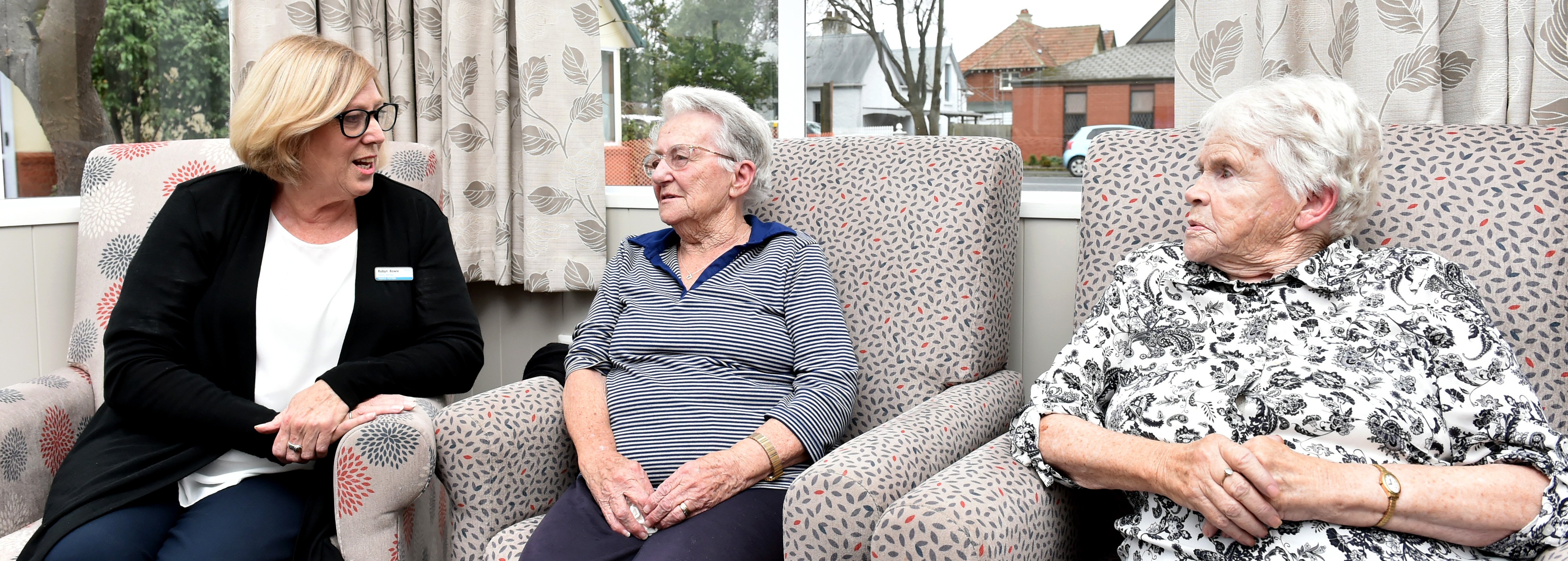
World Elder Abuse Awareness Week runs until June 22, and Radius Fulton Caversham facility manager Robyn Bowie said people’s behaviour did not need to be obviously oppressive to be abusive.
"Neglect is the biggest form of elder abuse," Mrs Bowie said.
"No-one means to neglect anyone, but people have busy lives while elderly people are generally at home ... one of the biggest common denominators for living a long life is socialisation, being with people, communicating with people and enjoying people’s company."
While being in residential care was a big step for many people, a change of environment and meeting new people could overcome loneliness, Mrs Bowie said.
However, there were other barriers to get past.
"Often elderly people don’t want to appear to be a bother, so they will put up with things that they shouldn’t need to," Mrs Bowie said.
"The nursing team here do a thing called intentional rounding, where they pop in to see people, whether they call or not, so that we are ensuring they get all the attention they need.
"We do see abuse, we see financial abuse, we sometimes have families — no matter how well intentioned — wanting to speak on their relative’s behalf, and we have really tight guidelines about that."
Staff at Radius Fulton Caversham were given training, including sessions with Age Concern, to recognise the needs of people who were not able to communicate verbally.
Aged care facilities are also subject to audit — sometimes at random — to ensure all procedures were complied with and no abuse existed.
"I’m sure the majority of facilities provide excellent care, and we talk to families a lot about complaints and the right to complain," Mrs Bowie said.
"Everyone coming in must know what their rights are, and the code of rights is displayed prominently, and perhaps the fact people know their rights might be why stories of neglect make it into the news."
Other key factors in preventing elder abuse in care facilities included training, appropriate staffing levels, experienced nursing staff, and accountability, Mrs Bowie said.
"Residential care is not the end of your life and of your sense of being a valued member of the community."












